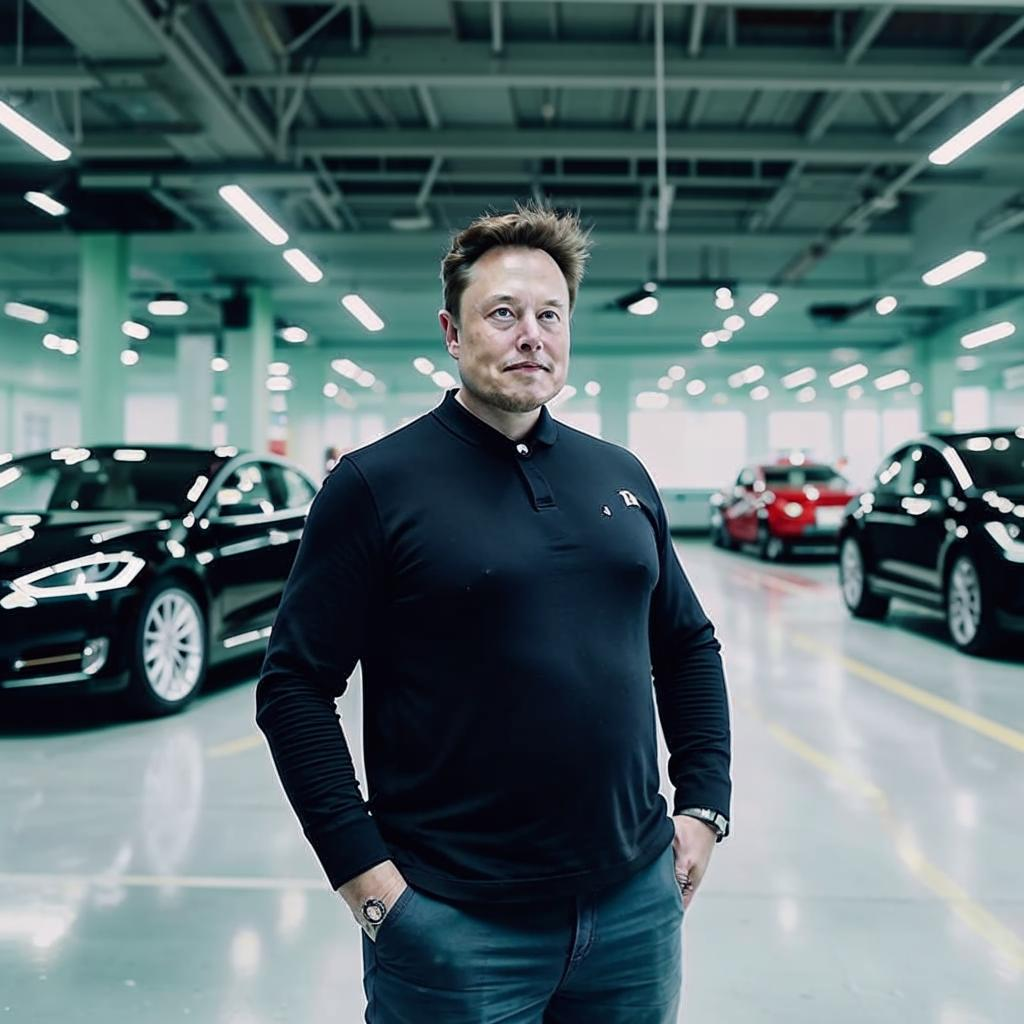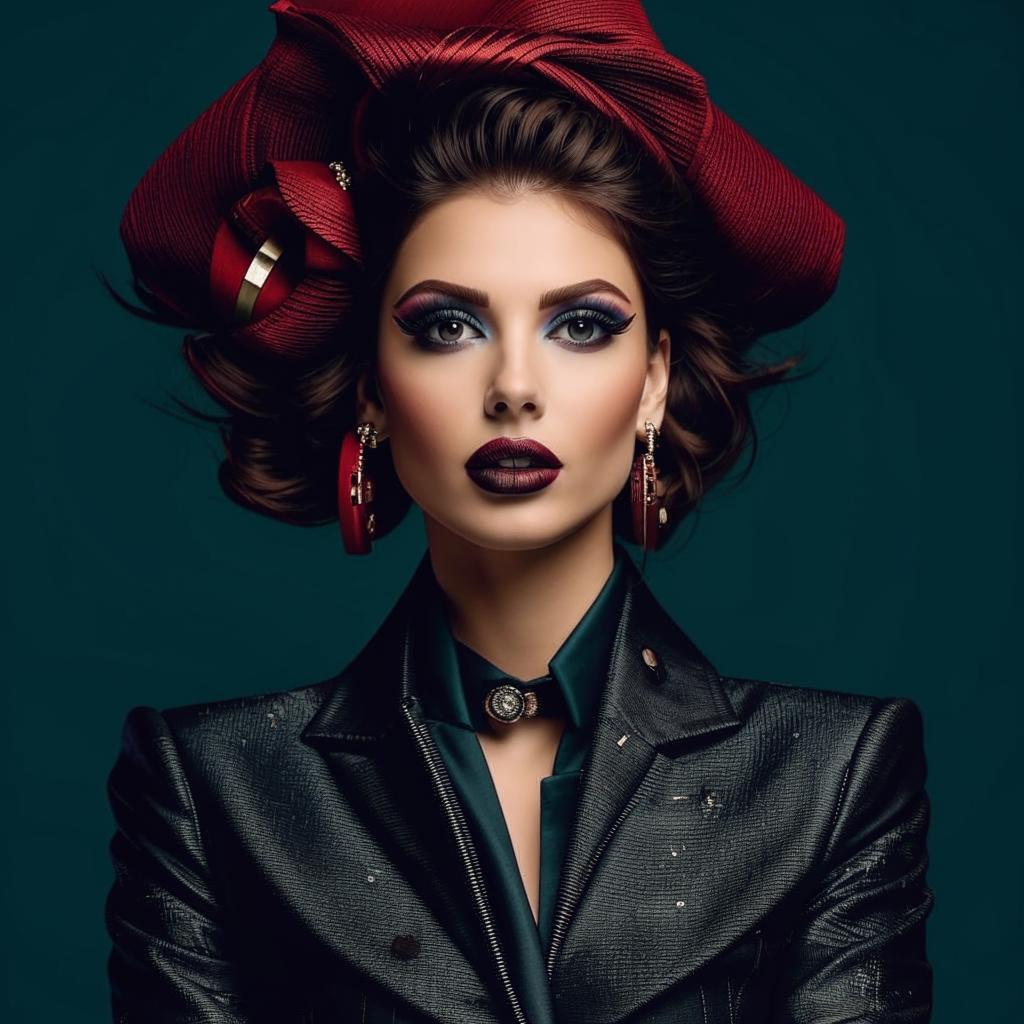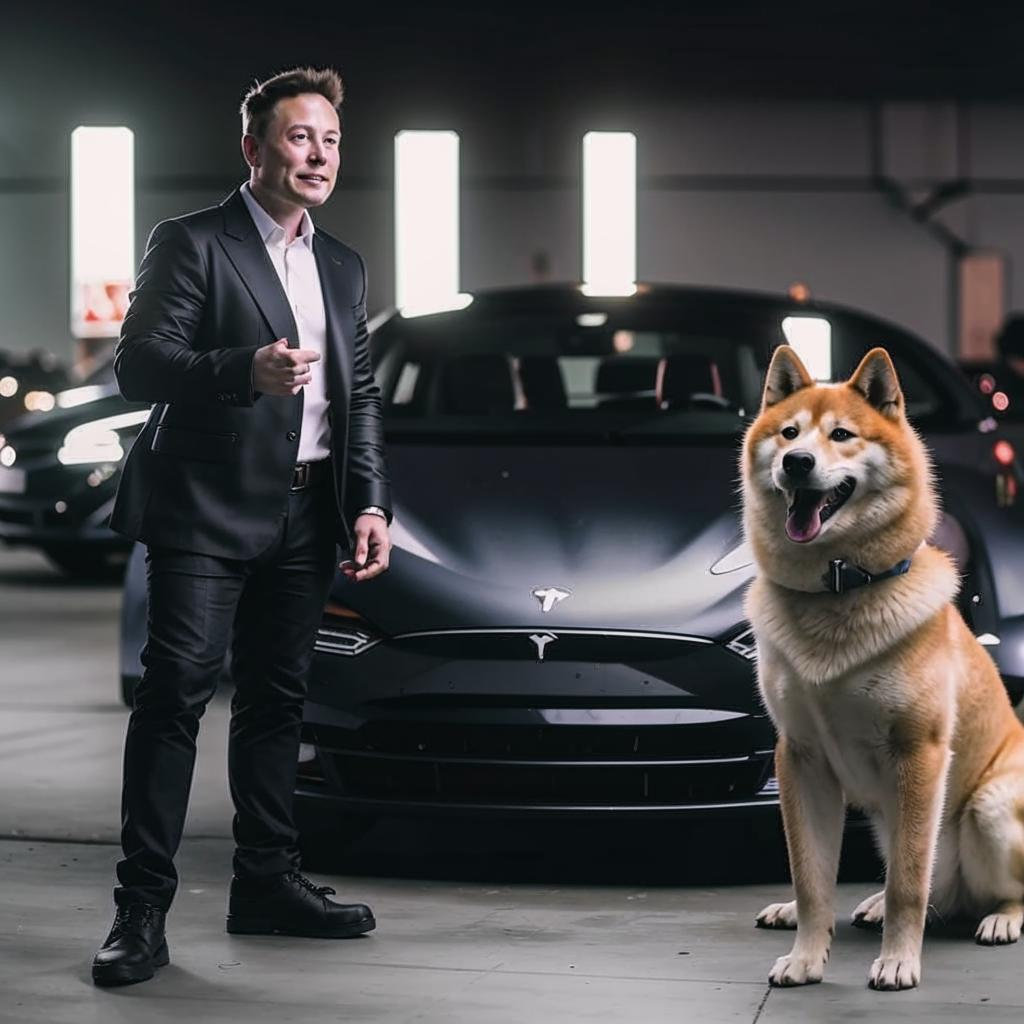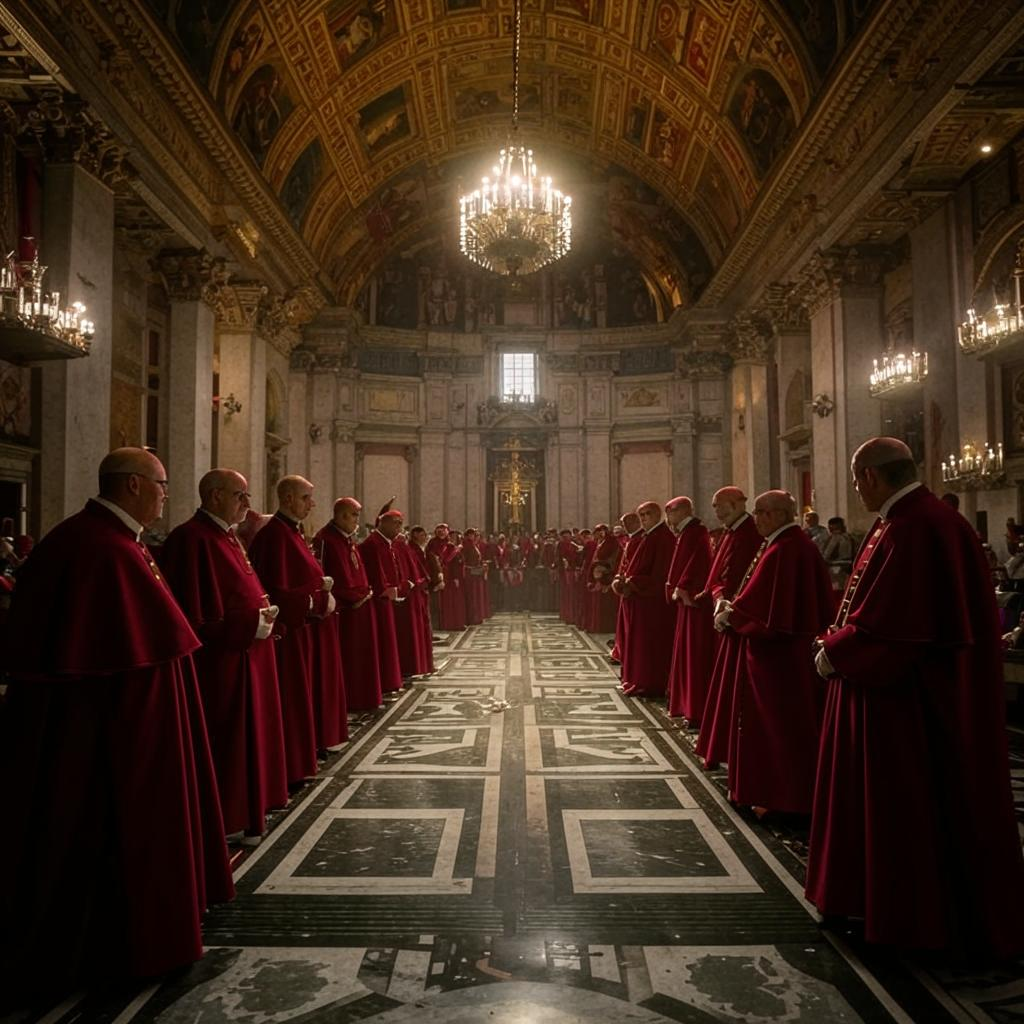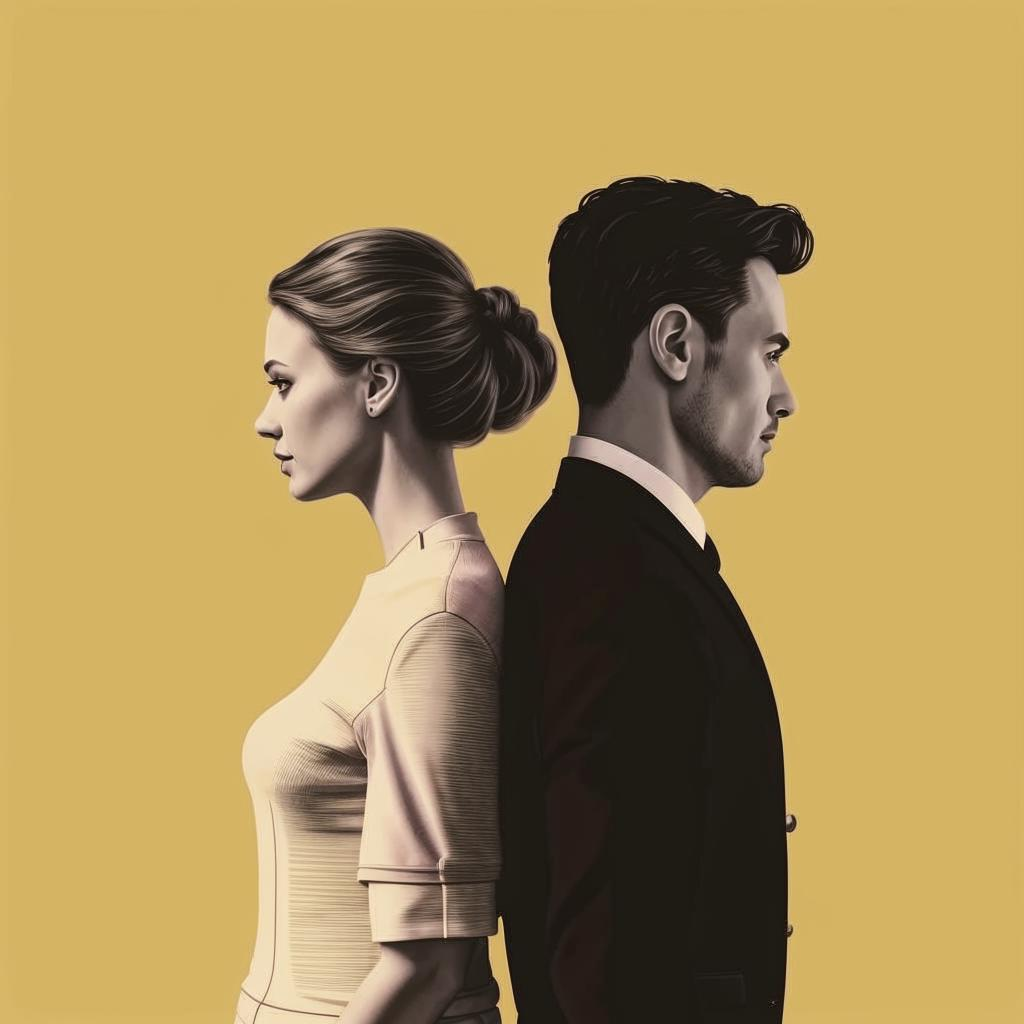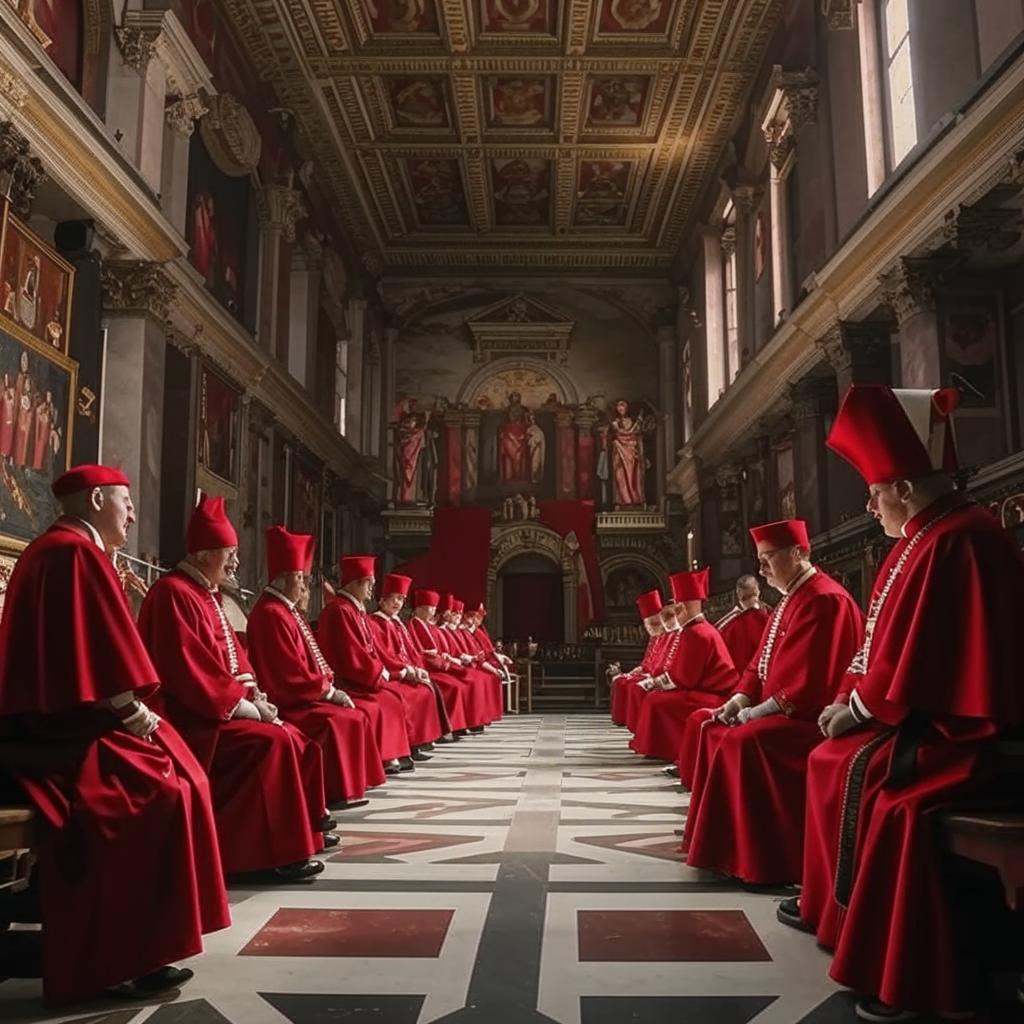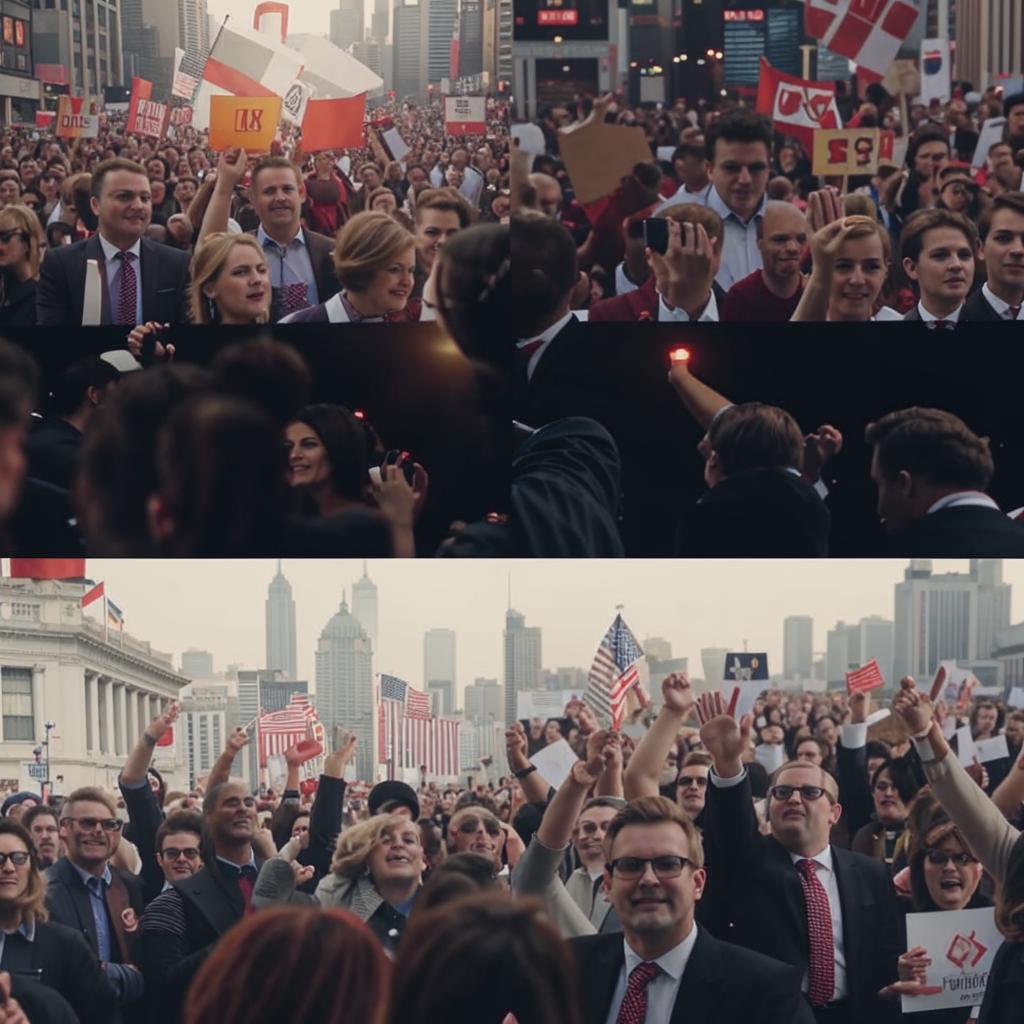The fusion of politics and entertainment is reshaping modern discourse. Traditional boundaries are dissolving as political figures adopt celebrity tactics, and entertainment embraces political themes.
This blending can be seen in various forms. Political campaigns now utilize viral marketing strategies and social media influencers to reach broader audiences, mirroring tactics used to promote movies or music. Politicians themselves cultivate personal brands, aiming for relatability and engagement rather than solely focusing on policy debates.
Simultaneously, entertainment is becoming increasingly politicized. Movies, TV shows, and even video games often incorporate social and political commentary, reflecting and sometimes shaping public opinion. Celebrities are more vocal about their political beliefs, leveraging their platforms to advocate for causes and candidates.
While this trend can increase awareness and engagement, it also carries risks. The emphasis on emotional appeals and personal narratives can overshadow substantive policy discussions. The spread of misinformation and the creation of echo chambers are exacerbated when political messages are packaged as entertainment. This phenomenon raises questions about the nature of truth and objectivity in the digital age.
Ultimately, the convergence of politics and entertainment represents a significant shift in how information is disseminated and received. Navigating this new landscape requires critical thinking and media literacy to discern between genuine engagement and manipulative tactics. It is up to the individual to differentiate between spectacle and substance, fostering a more informed and responsible citizenry. Finishtit


